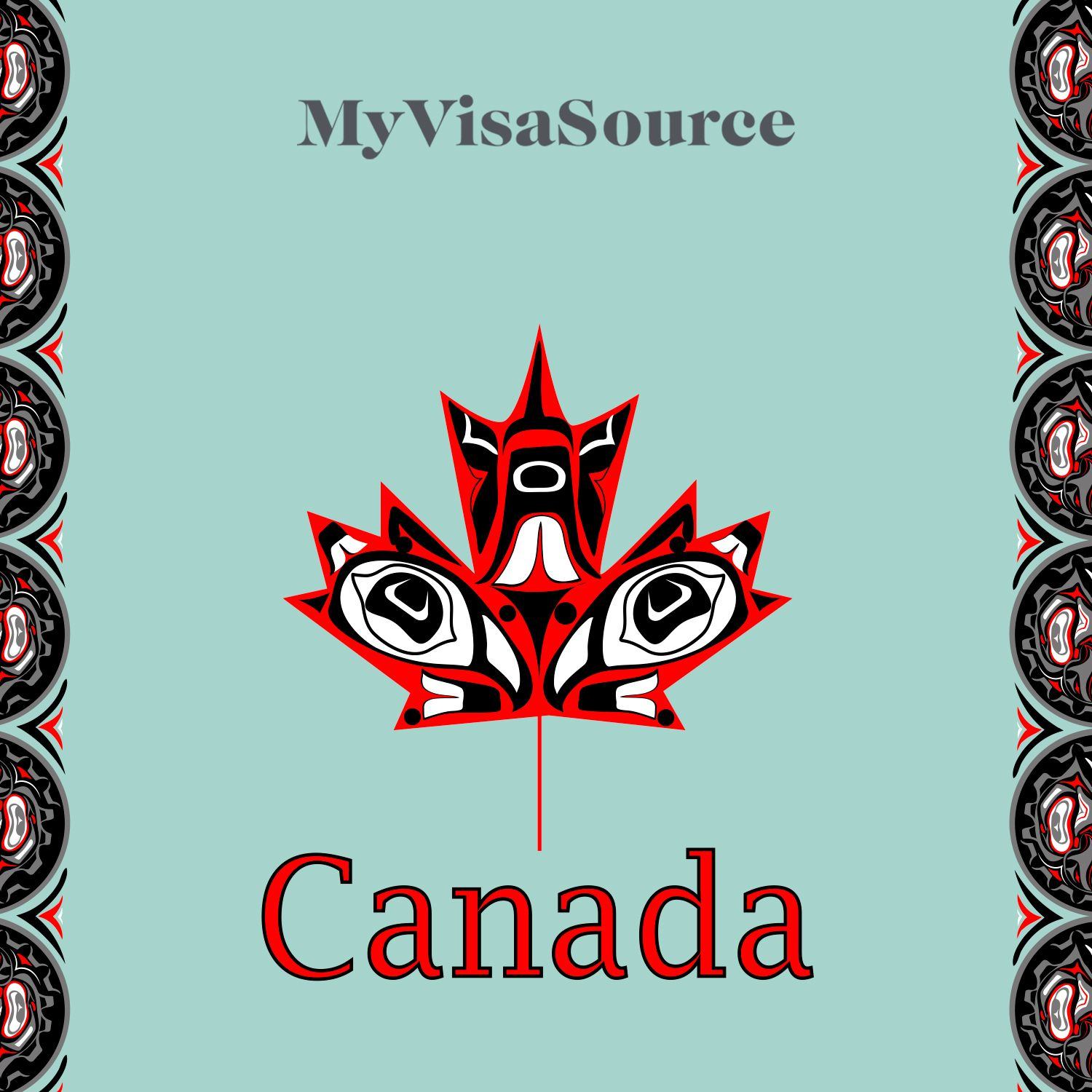Canada considers its Oath of Citizenship as a public declaration of belonging to the country and its community. To better reflect the diversity and history of Canada, the Canadian government is planning to update the Oath of Citizenship through Bill C-8 to include Indigenous Peoples. This is in direct response to the Truth and Reconciliation Commission (TRC) Call to Action 94.
Why Is Updating the Canadian Oath of Citizenship Necessary?
Recently, the discovery of burial sites in areas around the Kamloops Residential School has been a stark reminder of the importance of the Call to Actions by the TRC. Canada’s Immigration Minister Marco Mendicino recently announced that Bill C-8 has been given a Royal Accent and it is now law.
From June 21, 2021, Canada’s Oath of Citizenship will officially recognize First Nations, Inuit, and Metis and the obligation that all citizens must uphold the treaties between the Crown and the Indigenous nations. The new oath will recognize that Indigenous rights are enshrined in Section 35 of the Constitution Act, 1982 and they are derived from the historic use of this land by the Indigenous peoples. This way, all new Canadian citizens will have to make a personal commitment to uphold the Aboriginal and Treaty rights of First Nations, Inuit, and Metis peoples.
What Is the Truth and Reconciliation Commission?
The TRC was officially established in 2008 to document the history and lasting impact of the Canadian Indian Residential School System on Indigenous students and their families. In 2015, the TRC released an Executive Report of its findings and 94 Call to Actions to promote reconciliation between Canadians and the Indigenous peoples.
These Calls of Action apply to all levels of government, educational, religious institutions, and civil society groups to work together to address the lasting impact of residential schools on the Indigenous people. Currently, 80% of these Calls to Action are completed or well underway due to the efforts put together by the federal, provincial, and territorial governments.



















